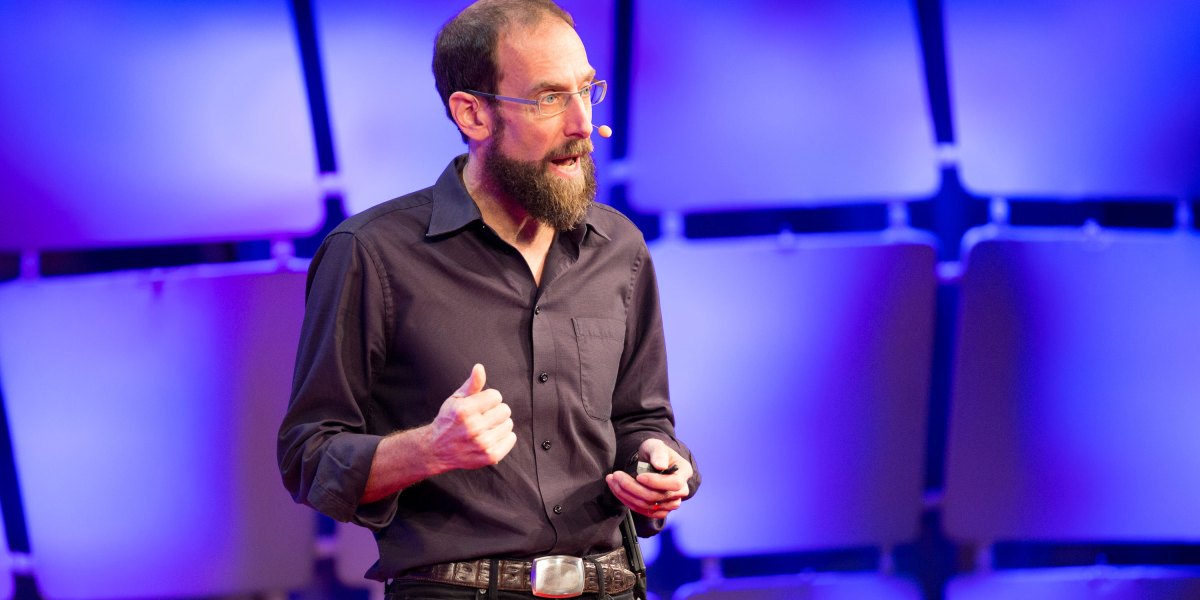How one climate scientist combats threats and misinformation from …

Among other concerns, critics argue it’s far too dangerous to consider tinkering with the global climate system. But the field, and Keith’s research in particular, has also gotten ensnared in conspiracy theories about “chemtrails.” Proponents assert that the condensation trails created by aircraft are actually evidence that the military, or someone, is already spraying chemicals into the sky for wide-scale weather modification, mind control, or other nefarious purposes.
Keith’s plans are actually modest. A high-altitude balloon about 20 kilometers above Earth will spray less than a kilogram of particles, likely including sulfate and calcium carbonate. But measuring how the materials alter the chemistry in the stratosphere can help scientists refine their computer models and more accurately predict the impacts of large-scale geoengineering.
Keith says initial flights to evaluate the systems are now likely to begin in the spring of 2019, with the actual experiments more likely to start that fall. The scientists are in negotiations with several balloon vendors, the results of which will ultimately determine the location of the experiments. The team is also in the process of setting up an independent advisory committee that will review proposals and provide feedback to the university and research team on potential environmental risks, the need for stakeholder engagement, and other issues.
Though chemtrail theories have been repeatedly debunked, they’re surprisingly widespread. A study published in Nature found that up to 40 percent of Americans believe these theories are “completely” or “somewhat” true. Such “conspiratorial views” also accounted for around 60 percent of the conversation about geoengineering on social media. Keith himself regularly receives hateful messages, and even threats of physical violence, as a result of his research.
In an interview with MIT Technology Review, Keith says the widespread misinformation has already complicated his work and infected the public debate over geoengineering.
(This interview has been edited for length and clarity.)
Q: In recent months, Naomi Wolf, the feminist author and progressive political advisor, has begun circulating chemtrail theories and inaccuracies about your proposed experiment on Twitter. Do you worry this could be, as I believe one of your peers put it to me, a Jenny McCarthy moment for chemtrails? Something that could tip it into mainstream misunderstanding, like autism and vaccines?
A: I think it’s already mainstream. Depending on how you ask the question, 30 percent to 40 percent of Americans believe in it.


